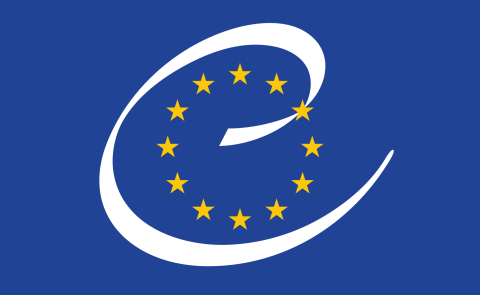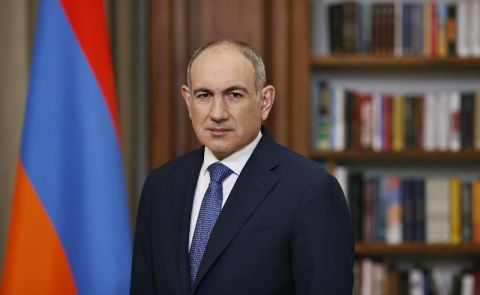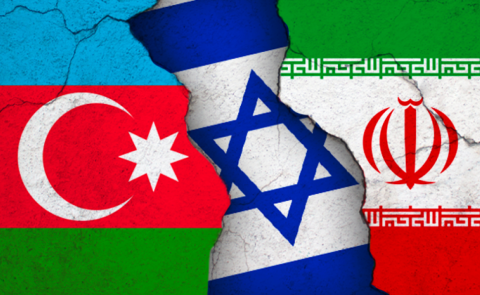
Covid-19 update in South Caucasus: WHO expresses concern over situation in Armenia and Azerbaijan

On 26 June, the World Health Organization (WHO) expressed its concerns over a “very significant” increase in coronavirus infections in 11 European countries, including Armenia and Azerbaijan.
“For weeks I have spoken about the risk of resurgence as countries adjust measures,” said Hans Henri Kluge, the WHO regional director for Europe. “In several countries across Europe, this risk has now become a reality – 30 countries have seen increases in new cumulative cases over the past two weeks. In 11 of these countries, accelerated transmission has led to very significant resurgence that if left unchecked will push health systems to the brink once again in Europe,” he added.
In addition, neither Armenia, nor Azerbaijan were included amongst the countries with which the EU plans to open its external borders in July. Georgia was the only South Caucasus country added to the list.
Armenia
The country’s Prime Minister Nikol Pashinyan publicly stated that Armenia was one of the leading countries in the world in terms of Covid-19 infections per 1 million people and in the number of new cases of the virus recorded on a daily basis. “At the world level, we are setting anti-records ... This is a big problem for all of us. But there is one big problem, from which, in our opinion, the second one emanates. There is no public acknowledgement of how serious this situation is,” he said. He also said the government task force set up to enforce the state of emergency concluded that there was no other choice but to toughen the anti-epidemic rules.
Armenia’s Health Minister Arsen Torosyan urged people to stop meeting relatives and friends, avoid going to restaurants and stay at home “as much as possible” following the decision of the government's task force. “We need a conscious lockdown, rather than an obligatory one,” Torosyan wrote on his Facebook page. “We all must limit our nonessential contacts, movements, visits, events and meetings. We must stay at home as much as possible.” He also said that the citizens must minimize physical contact with neighbours, shun birthday parties and funerals, end sight-seeing day trips to the countryside and even refrain from evening strolls in streets or parks.
Torosyan also said that the citizens should stop visiting cafes and restaurants in the country, as that are the only places where the citizens could be without a mask and infect each other. These statements prompted strong criticism from the Armenian Association of Restaurants. “Amid a sharp decrease in sales, such a categorical appeal looks like a death verdict for public food service companies,” the association stated in a press release. The statement insisted that the vast majority of restaurants operate in “strict compliance” with safety and hygiene rules set by the Armenian government. It argued that restaurants flouting the rules are temporarily shut down by relevant authorities.
The current tally of infected persons stands at 25 127 with 433 reported deaths.
Azerbaijan
Azerbaijani President Ilham Aliyev urged civic responsibility to fight Covid-19, saying that there must be a strict government control to ensure that quarantine rules are observed. “I wear a mask in all closed places. Well, if the president does this, why can't others do it? Why is it so difficult? It does not cause any problems. It is mere irresponsibility and I can say, selfishness and indifference,” he noted.
Aliyev also pointed out that another problem in regard to the pandemic in the country was the number of doctors treating patients, saying that it cannot increase in 2-3 months. “Because the dynamics of diseases is growing, and if it goes on like that, then our healthcare system will not withstand [the increase],” he added.
The Head of the WHO office in Azerbaijan, Hande Harmanci also sent warning signals over the situation in the country, saying that the number of cases of coronavirus infection has increased by 50% in the past two weeks.
In order to cope with the situation, the Azerbaijani government applied more restrictive measures to the existing quarantine regime. Companies producing daily care and hygiene products, packaging products, the production and repair of construction and household equipment, objects of engineering and design services, have reduced the numbers of staff on site, and cannot exceed more than 50% of the total number of employees at a given time. In addition, the SMS permissions system was changed due to the abuse of the system by the Azerbaijani citizens, and can be available only once a day. The Azerbaijani parliament also amended the Code of Administrative Offenses, doubling the fines for not wearing medical masks in public.
The current tally of infected persons stands at 16 424 with 198 reported deaths.
See Also


Armenia Strengthens Ties with Council of Europe

Former Armenian President Labels Pashinyan a Traitor and Blasphemer

Pashinyan Addresses Key Issues on Church, National Future, and Fund Allegations

Azerbaijan Calls for 'Dialogue and Diplomatic Resolution' Between Israel and Iran

